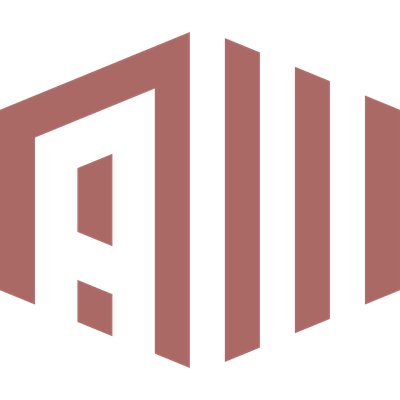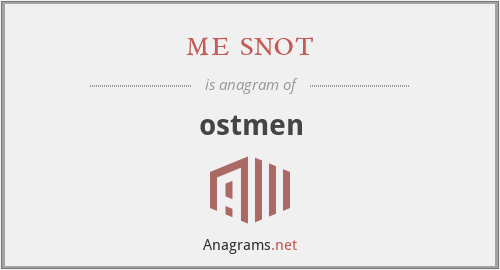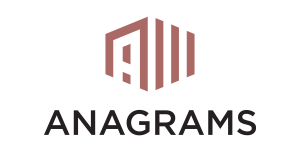What anagrams are available for ostmen?
This page is about an anagram for the word me snot that can be used in word games, puzzles, trivia and other crossword based board games.
me snot
Translation
Find a translation for me snot in other languages:
Select another language:
- - Select -
- 简体中文 (Chinese - Simplified)
- 繁體中文 (Chinese - Traditional)
- Español (Spanish)
- Esperanto (Esperanto)
- 日本語 (Japanese)
- Português (Portuguese)
- Deutsch (German)
- العربية (Arabic)
- Français (French)
- Русский (Russian)
- ಕನ್ನಡ (Kannada)
- 한국어 (Korean)
- עברית (Hebrew)
- Gaeilge (Irish)
- Українська (Ukrainian)
- اردو (Urdu)
- Magyar (Hungarian)
- मानक हिन्दी (Hindi)
- Indonesia (Indonesian)
- Italiano (Italian)
- தமிழ் (Tamil)
- Türkçe (Turkish)
- తెలుగు (Telugu)
- ภาษาไทย (Thai)
- Tiếng Việt (Vietnamese)
- Čeština (Czech)
- Polski (Polish)
- Bahasa Indonesia (Indonesian)
- Românește (Romanian)
- Nederlands (Dutch)
- Ελληνικά (Greek)
- Latinum (Latin)
- Svenska (Swedish)
- Dansk (Danish)
- Suomi (Finnish)
- فارسی (Persian)
- ייִדיש (Yiddish)
- հայերեն (Armenian)
- Norsk (Norwegian)
- English (English)
Definition
What does ostmen mean?
- ostmen
- The Norse–Gaels (Old Irish: Gall-Goídil; Irish: Gall-Ghaeil; Scottish Gaelic: Gall-Ghàidheil, 'foreigner-Gaels') were a people of mixed Gaelic and Norse ancestry and culture. They emerged in the Viking Age, when Vikings who settled in Ireland and in Scotland became Gaelicised and intermarried with Gaels. The Norse–Gaels dominated much of the Irish Sea and Scottish Sea regions from the 9th to 12th centuries. They founded the Kingdom of the Isles (which included the Hebrides and the Isle of Man), the Kingdom of Dublin, the Lordship of Galloway (which is named after them), and briefly (939–944 AD) ruled the Kingdom of York. The most powerful Norse–Gaelic dynasty were the Uí Ímair or House of Ivar. Over time, the Norse–Gaels became ever more Gaelicised and disappeared as a distinct group. However, they left a lasting influence, especially in the Isle of Man and Outer Hebrides, where most placenames are of Norse–Gaelic origin. Several Scottish clans have Norse–Gaelic roots, such as Clan MacDonald, Clan MacDougall and Clan MacLeod. The elite mercenary warriors known as the gallowglass (gallóglaigh) emerged from these Norse–Gaelic clans and became an important part of Irish warfare. The Viking longship also influenced the Gaelic birlinn or longa fada, which were used extensively until the 17th century. Norse–Gaelic surnames survive today and include MacIvor, MacAskill and (Mac)Cotter.
Embed
Citation
Use the citation below to add this anagram to your bibliography:
Style:MLAChicagoAPA
"me snot." Anagrams.net. STANDS4 LLC, 2025. Web. 10 Mar. 2025. <https://www.anagrams.net/term/25450357>.







Discuss this ostmen anagram with the community:
Report Comment
We're doing our best to make sure our content is useful, accurate and safe.
If by any chance you spot an inappropriate comment while navigating through our website please use this form to let us know, and we'll take care of it shortly.
Attachment
You need to be logged in to favorite.
Log In